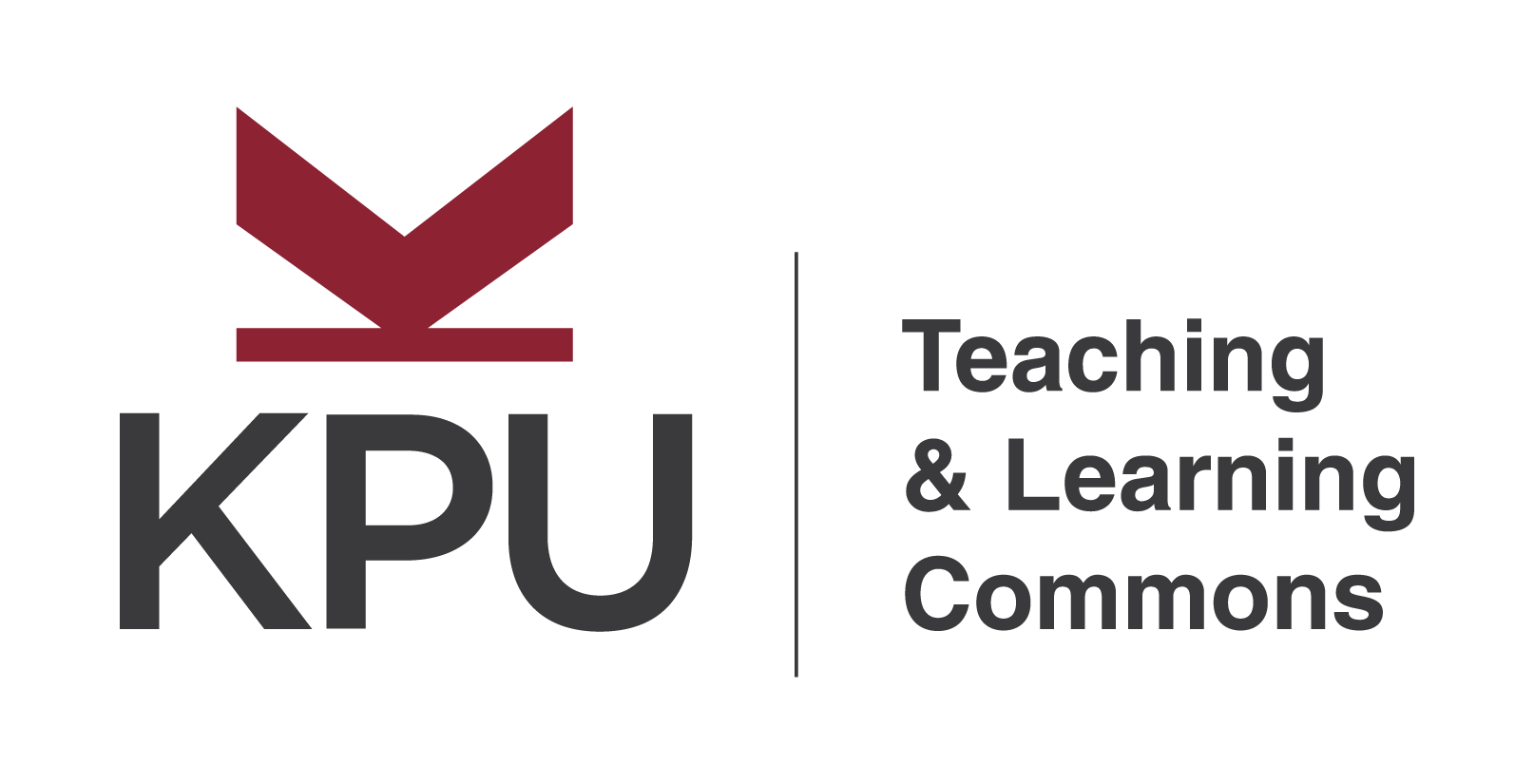Getting Started
What is teaching through undergraduate research?
Teaching through undergraduate research is a transformative pedagogical process in which students develop skills and acquire knowledge by participating in research projects. Such teaching can be curricular and extra-curricular, the latter complementing the former.
Curricular initiatives include:
Course-based research projects (CBRPs)
Students conduct a research project as an assignment. They typically work best in third and fourth-year courses, as students will likely have taken research methodology courses before, but they could also work in second and even first-year courses.
Many CBPRs require KPU Research Ethics Board (REB) Course-Based Student Research approval (see instructions here). Contact REB (reb@kpu.ca) for questions.”
Capstone courses
Students in their final year conduct a research project usually connected to their industry.
Honours theses
Students in their final year work one-on-one with a faculty member to conduct a research project following academic standards. It usually includes empirical data collection, but it could also be a theoretical work.
Extra-curricular initiatives include collaboration between faculty and students in a research project. Usually, students work as research assistants, receiving one-on-one mentorship from the faculty member leading the project.
As pointed out by the American Association of Colleges and Universities (AAC&U) undergraduate research used to be associated with science programs, but it is now being adopted by all disciplines to engage students in empirical data analysis, innovative technologies, and the incomparable joy that stems from finding answers to relevant questions.
Why engage in teaching through undergraduate research?
Research is one of the examples par excellence of active learning in which students are protagonists in their university journey. Their insights from the research process will allow them to experience the excitement of discovering new ideas. It will lead them to ask further questions and contribute to expanding knowledge on the subject matter under investigation.
Having experience with the knowledge-creation process is a source of discernment and power, which is particularly relevant to today’s world, where debates about the nature of truth have become more frequent.
Studies by Kuh (2008) and Webber (et al., 2013) pointed to undergraduate research as a high-impact educational practice that benefits both students and faculty, contributing to higher levels of student retention at the university level.
